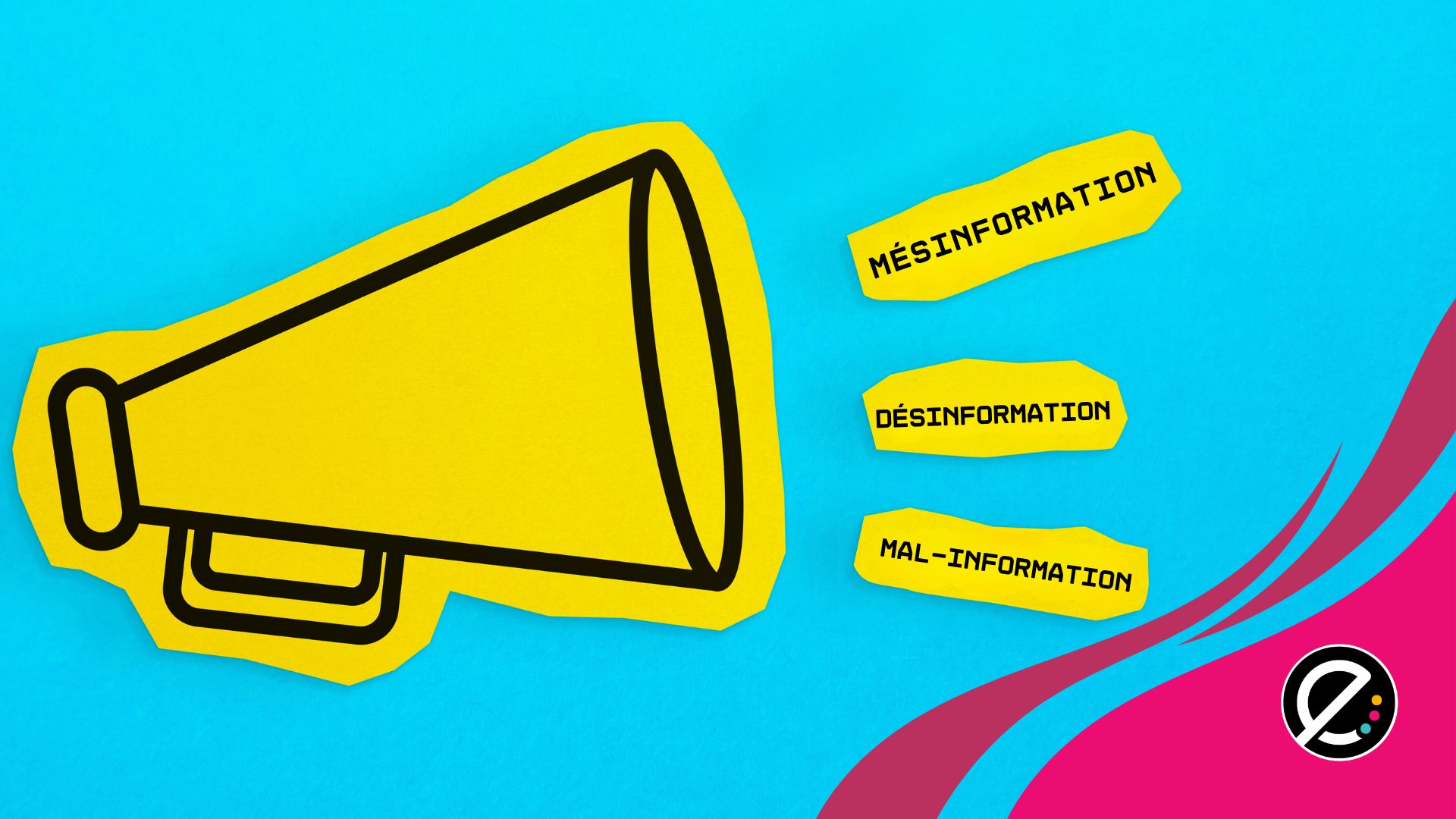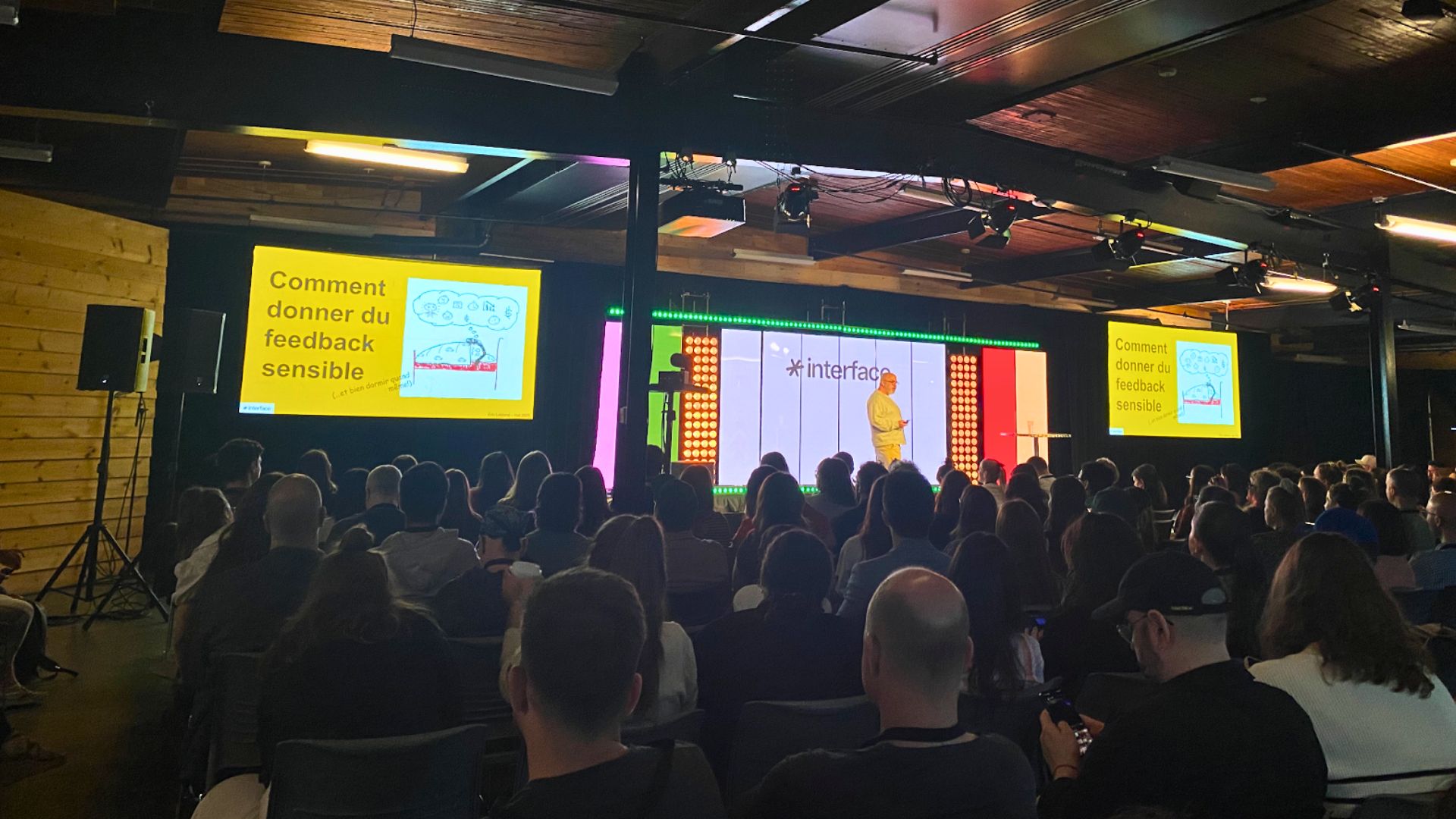Par Mélody Alasset — Agence Science-Presse (www.sciencepresse.qc.ca)
Ce que l’on appelle « éducation aux médias et à l’information » occupera une meilleure place dans le futur cours Culture et citoyenneté québécoise. Où se situe la lutte à la désinformation là-dedans ?
Testé actuellement dans une trentaine d’écoles pilotes primaires et secondaires, il s’agit du cours qui remplacera officiellement, à la rentrée 2023, le cours Éthique et culture religieuse (ECR) dans toutes les écoles du Québec. Ce nouveau programme s’articule autour de trois objectifs : « préparer les jeunes Québécois à l’exercice de leur citoyenneté, viser la reconnaissance de soi et de l’autre, et poursuivre le bien commun ».
« Les compétences développées amèneront les élèves à porter un regard critique sur les informations avec lesquelles ils travaillent », explique Mathieu Lizotte, enseignant d’ECR qui fait partie de l’équipe de rédaction du nouveau programme au Ministère de l’Éducation.
Parmi les changements prévus, l’éducation aux médias numériques se taille évidemment une place de choix. Mais il faut se rappeler que le terme « médias » englobe aussi bien la publicité que l’information journalistique et l’usage d’Internet — et ce dernier point amènera les jeunes Québécois à aborder des enjeux comme la représentation de soi sur Internet, la cyberdépendance et la cyberintimidation.
D’après le programme provisoire disponible en ligne, les élèves du deuxième cycle du primaire seront initiés aux « recherches d’informations sur Internet » (en 3e année), et à la « fiabilité de l’information — Médias sociaux » (en 4e année). Au secondaire, certaines compétences, comme mobiliser des concepts pertinents, recueillir des informations et établir la pertinence des informations utilisées, seront développées à travers certains thèmes, comme « étudier une réalité culturelle » (secondaire 4).
Pour ce qui est de la désinformation, « même s’il y a une amélioration par rapport à l’ancien programme sur tout ce qui est vie numérique, esprit critique face aux médias, la place dans le curriculum est encore très faible », juge David Santarossa, de l’Institut de recherche sur le Québec (IRQ), coauteur d’une récente analyse du programme.
M. Santarossa, qui est par ailleurs titulaire de maîtrises en philosophie et en enseignement de l’Éthique et culture religieuse, voit comme un défi d’intégrer ces éléments importants, à l’horaire d’enseignants déjà surchargés. « L’intention est là dans le programme, mais est-ce que les heures vont être mises là-dedans, c’est moins certain. »
Normand Baillargeon, spécialiste en éducation, salue dans une récente chronique dans Le Devoir « le volet [du programme] traitant de la pensée critique, avec notamment l’étude des sophismes, des biais cognitifs et la pratique de la saine discussion ». Il insiste aussi sur le fait que « tout cela a certes de tout temps été indispensable pour l’exercice de la citoyenneté, mais ça l’est plus que jamais aujourd’hui, à l’heure des réseaux sociaux et des polarisations et enfermements dans des bulles d’écho qu’ils engendrent ».
Alors que 27 % des jeunes Québécois de 6 à 12 ans et 59 % des 13 à 17 ans passent en moyenne plus de 10 heures par semaine sur Internet (selon une enquête NETendances de l’Académie de la transformation numérique parue en 2021), le Québec pourrait-il s’inspirer de la Finlande ? Ce pays de 5,5 millions d’habitants a mis la lutte contre la désinformation au cœur de son programme éducatif depuis plusieurs années.
La Finlande est souvent citée comme modèle parce qu’elle est le pays européen avec le plus haut indice de littératie médiatique, d’après les conclusions de l’indice d’éducation aux médias pour 2021 par l’Initiative des politiques européennes (EuPI) de l’Open Society Institute — Sofia, qui évalue le potentiel de résilience face aux fausses informations dans 35 pays européens.
Lien vers l’article original publié sur le site de l’Agence Science-Presse.














